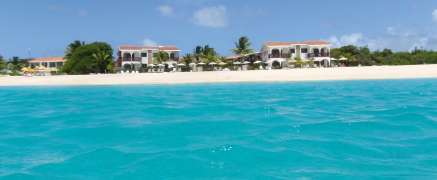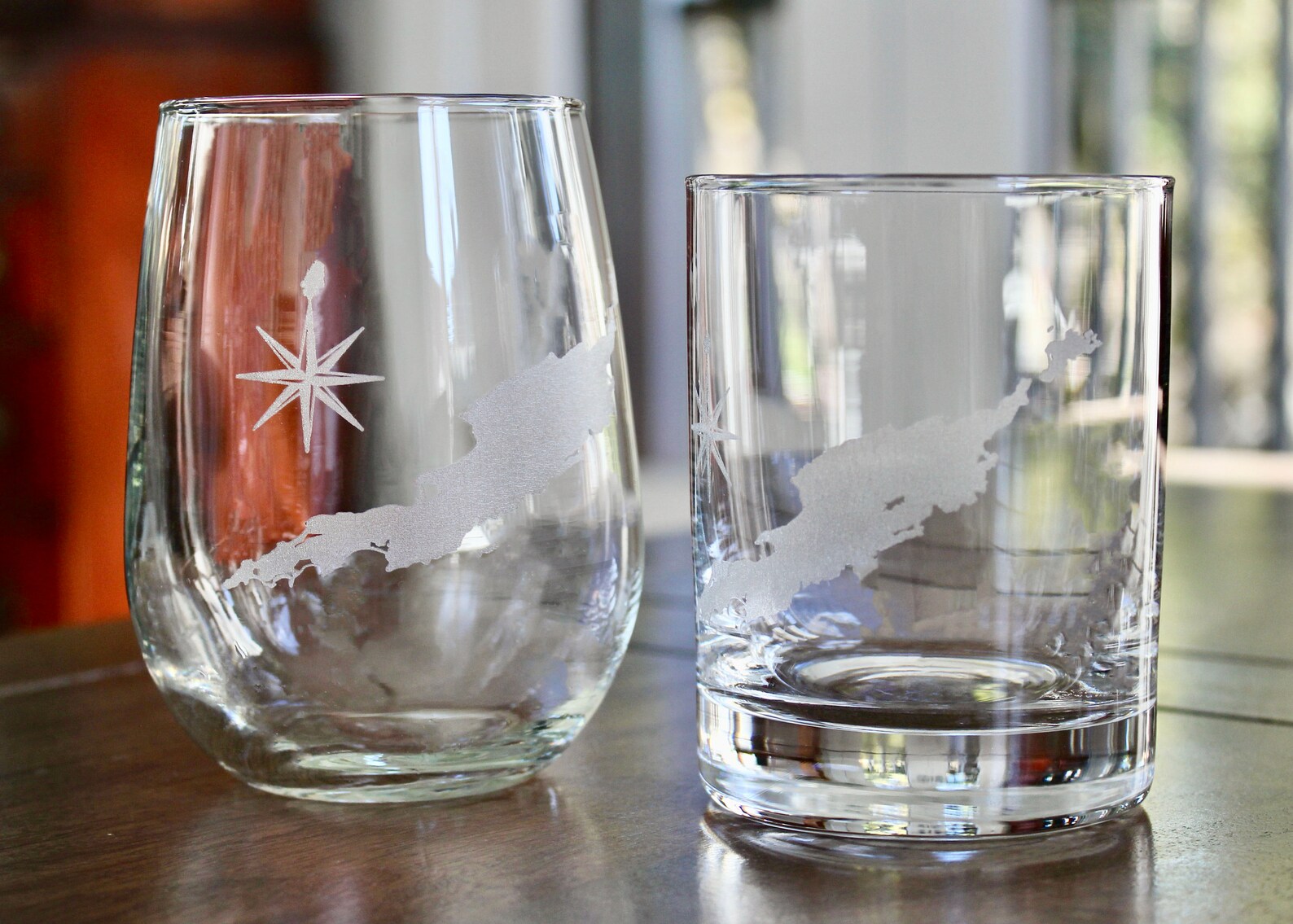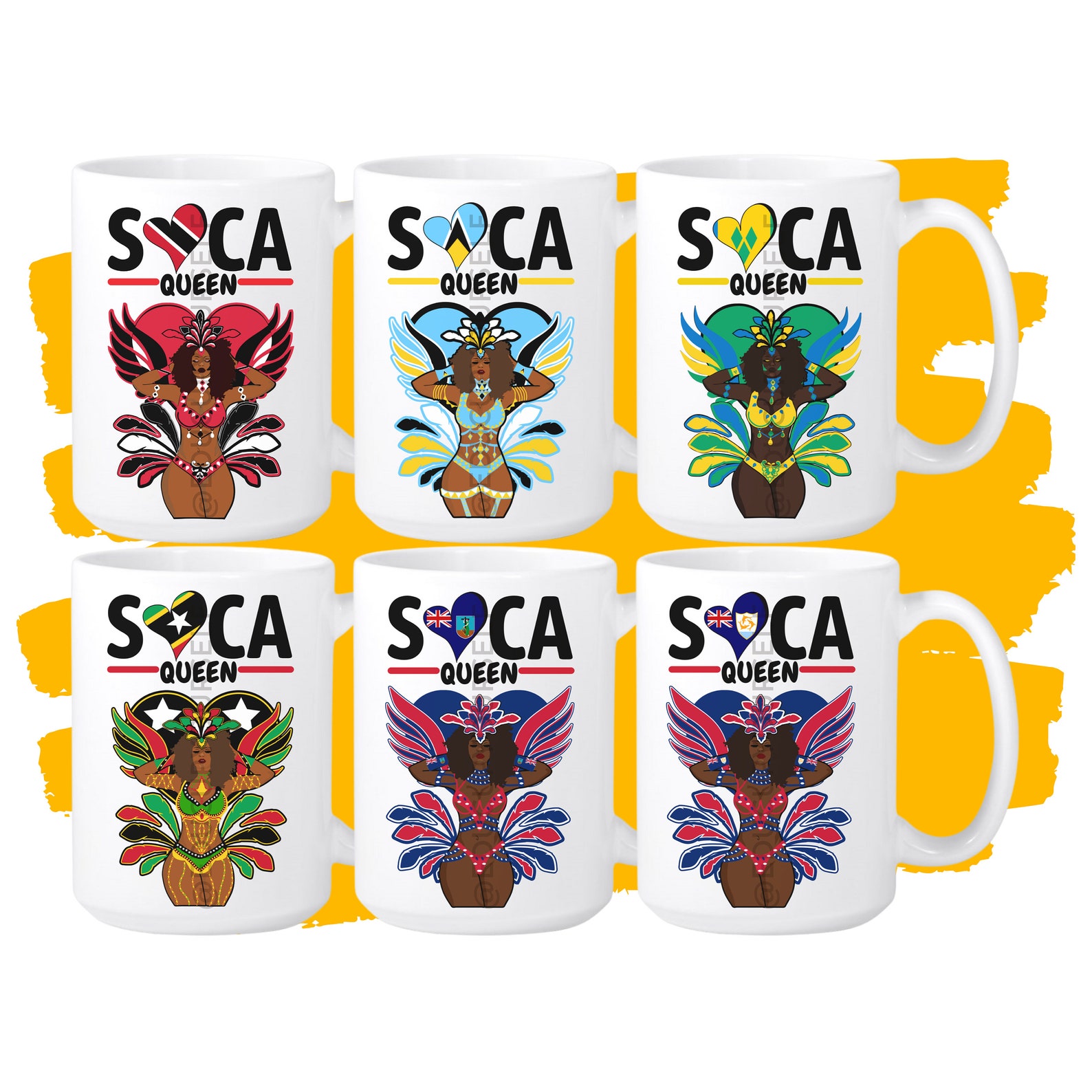No. 68 of the world’s coffee producers
- Anguilla belongs to the British overseas territory and is located in the eastern Caribbean.
- In 1650, Britain established a colony here, and grew mainly corn and tobacco.
- In the 18th century, as in many parts of the Caribbean, coffee plants must have reached Anguilla.
- Sugar plantations were later abandoned because the soil was not rich enough and it rained too little.
- Small industries like sailing, fishing and private agriculture became more important than Anguilla coffee.
- In 1834 Britain abolished slavery in its colonies, and many former enslaved Anguillians took up positions as peasants, sailors and fishermen.
- Today around 50 tons of raw coffee are produced annually.
Advertisment
Anguilla Coffee – Traditional Preparation
Filter coffee is usually drunk on Anguilla. In the restaurants and beach bars you can also get espresso, cappuccino and coffee cocktails. However, a coffee brewed from parched beans or okra is much more common and popular among the population. The seeds are ground by hand in small cast iron mills.
For advertising links on this page the dealer may pay a commission. These advertising links are marked with an asterisk (*) – images and banners are marked with “Ads” or “Advertisment”. There are no costs for you. Find more information in the data protection regulations here.





